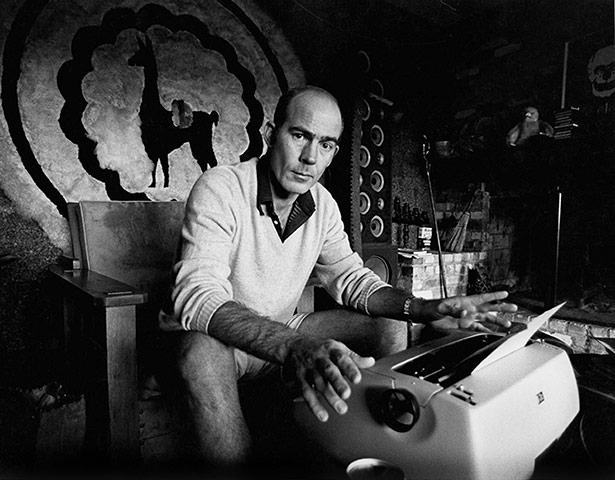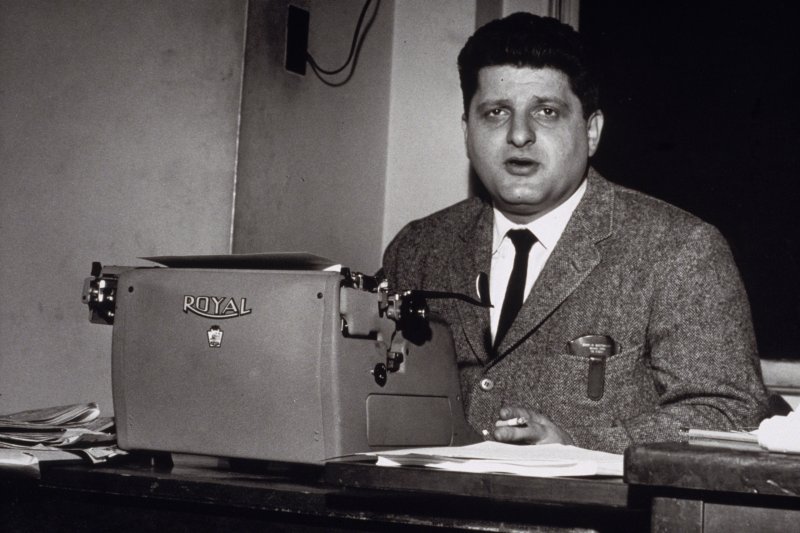“They’re Turning To Something Non-Digital”
November 30, 2015 in Excerpts, Science/Tech, Urban Studies | Permalink
Kevin Kelly is correct when his says that our tools and technologies have historically not gone extinct, even when replaced by better ones they just experience an enduring obsolescence. I would guess this ultimately won’t be true, it just seems to be a permanent situation because we don’t mark our time in long enough swaths.
Decades ago the bold and bleeding-edge left behind the manual and pioneered the digital. Now that the “land” has been surveyed, overpopulated, some are retreating from the smartphone to the typewriter, partly driven by surveillance concerns but not solely for the reason. I wouldn’t expect the withdrawal to be much more than a physical and philosophical niche, but it’s a pretty normal reaction.
From Rebecca Rego Barry at the Guardian:
At the Miami Book Fair earlier this month, Richard Polt arrived equipped with both a PowerPoint presentation and a Groma Kolibri, his vintage “laptop typewriter” made in East Germany in 1956. The antique machine – incidentally, the same model preferred by the writer Will Self – is stylish and durable, less of a prop than a symbol of an insurgency aided and abetted by Polt, author of The Typewriter Revolution: A Typist’s Companion for the 21st Century.
You’d never guess that the mild-mannered professor of philosophy at Xavier University in Cincinnati, Ohio, is a radical. Yet, his book opens with a manifesto that asserts the right to “resist the paradigm” and “escape the data stream.”
Polt typed that original declaration in 2012, motivated by an irritation with digital life and the knowledge that lots of young people were doing interesting things with typewriters. “The fact is that they’re turning to something non-digital for something that’s usually done digitally,” he pointed out during an interview prior to the book fair.
Having collected typewriters for more than 20 years, Polt decided to join the “typosphere” and start “typecasting”. Simply put, he uses a typewriter to capture his thoughts, then scans the page and uploads it to his blog. (He maintains two websites: The Classic Typewriter and The Typewriter Revolution.)
He also began attending and hosting type-ins, which he describes in his book as “public acts of typewriting.”•
Tags: Rebecca Rego Barry, Richard Polt
Subscribe to my free Substack newsletter, "Books I Read This Month." It's published on the final day of each month. Some new titles, some older, some rare.
Categories
About
Afflictor.com is the website of Darren D’Addario. Except where otherwise noted, all writing is his copyrighted material. ©2009-18.



